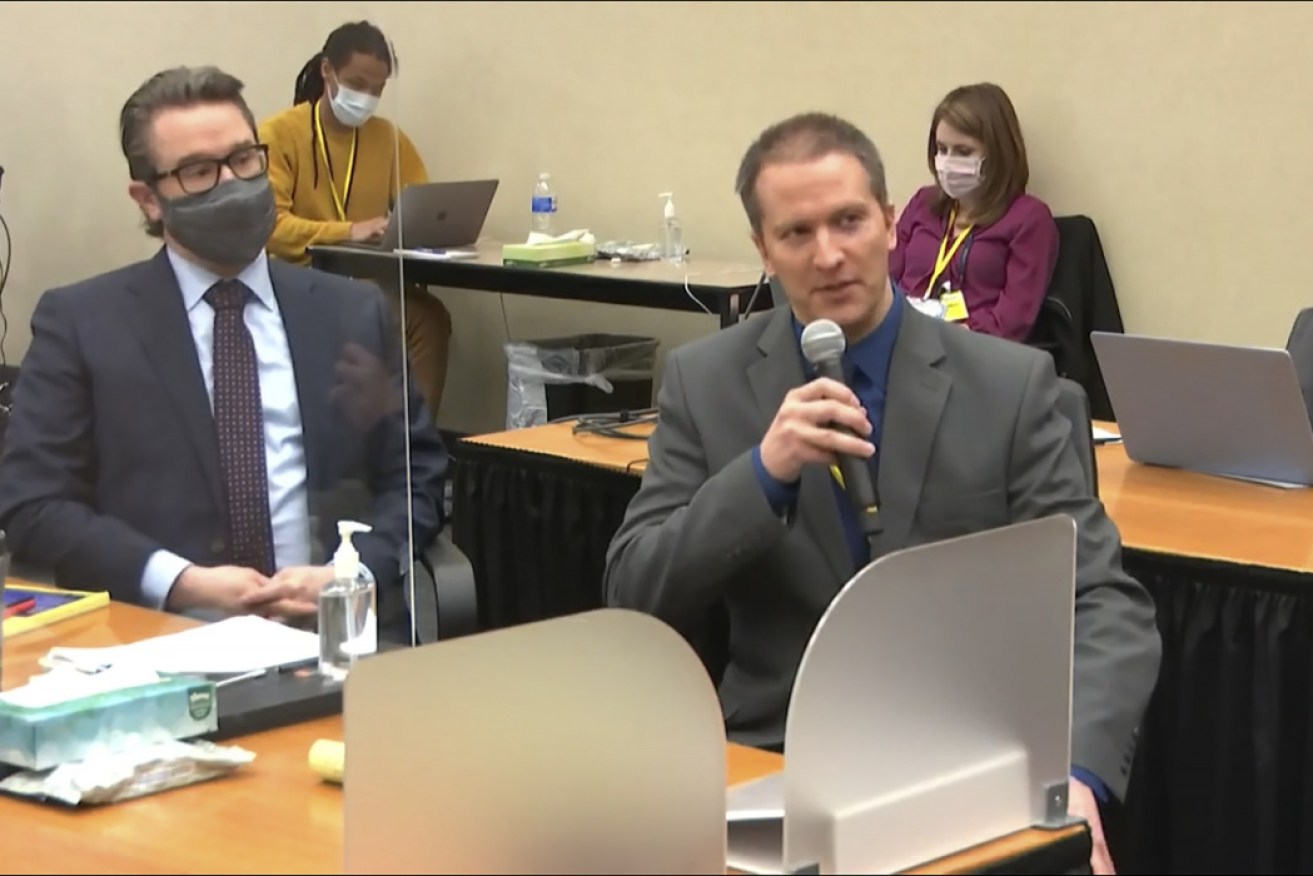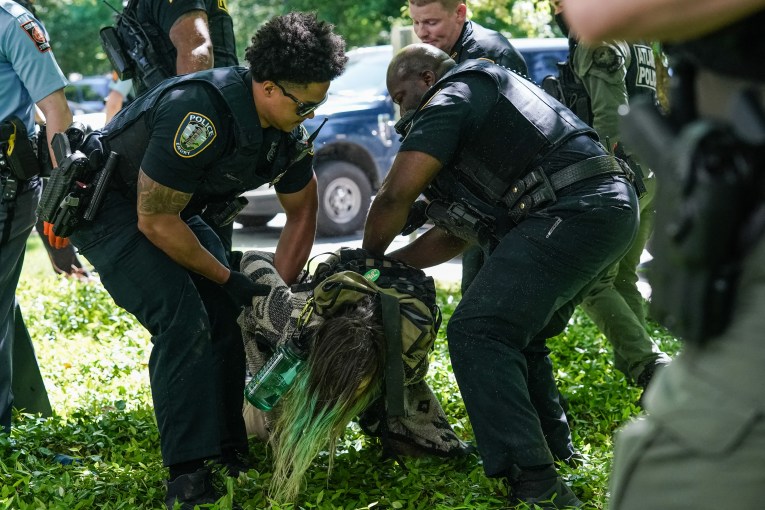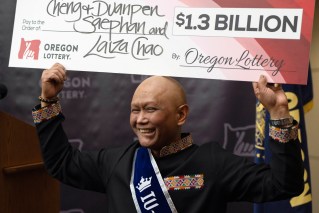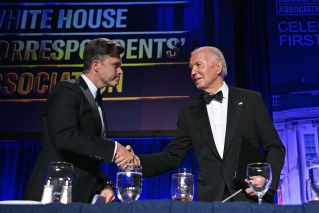Lawyers at George Floyd trial make final pitches

Defence lawyer Eric Nelson (left) and the accused, former police officer Derek Chauvin, in court last week. Photo: AAP
Lawyers in the trial of a former Minneapolis police officer charged with killing George Floyd are set to make their closing arguments.
For prosecutors, Derek Chauvin recklessly squeezed the life from Mr Floyd as he and two other officers pinned him to the street for nine minutes, 29 seconds outside a corner market, despite Mr Floyd’s repeated cries he couldn’t breathe – actions they say warrant conviction on two murder counts.
For the defence, Mr Floyd, who was black, put himself at risk by swallowing fentanyl and methamphetamine, then resisted officers trying to arrest him – factors that compounded his vulnerability to a diseased heart and raise sufficient doubt Mr Chauvin should be acquitted.
Each side will pull key testimony on Monday (local time) to support their narrative for what killed Mr Floyd in a case that roiled America 11 months ago and continues to resonate.
The jury will later deliver verdicts in a courthouse surrounded by concrete barriers and razor wire, in an anxious city heavily fortified by National Guard members and just days after fresh outrage erupted over the nearby police killing of a 20-year-old black man.
The attorneys aren’t limited by time, though legal experts say overlong arguments risk losing jurors’ attention.
Prosecutors Steve Schleicher and Jerry Blackwell will share the closing, with Mr Schleicher leading off and Mr Blackwell coming on for the rebuttal of defence attorney Eric Nelson’s closing.
Mr Chauvin, 45, is charged with second-degree murder, third-degree murder and second-degree manslaughter.
Experts expect Mr Schleicher to walk jurors through the elements of the charges.
All three require the jury to conclude Mr Chauvin’s actions were a “substantial causal factor” in Mr Floyd’s death – and that his use of force was unreasonable.
Mr Schleicher can remind jurors of key testimony from myriad medical experts who testified Mr Floyd died of asphyxiation caused by being pinned to the footpath.
He and Mr Blackwell can point to plentiful testimony from use-of-force experts who said Mr Chauvin’s actions were clearly improper, as well as Minneapolis Police Department officials saying they were outside his training.
Video played a huge role at trial, both in buttressing the expert testimony and in driving home the emotional impact of Mr Floyd’s anguish and death.
Prosecutors can re-play video during their closings, and experts say they expect it.

Video of Mr Floyd pinned to the ground under Mr Chauvin’s knee has been central to the trial.
Guilty verdicts must be unanimous, which means Mr Nelson needs to raise doubt in the minds of just a single juror on the various counts.
His closing is certain to return to the themes of his cross-examination of prosecution witnesses and the brief defence case he mounted.
Mr Nelson is sure to highlight how the county medical examiner, Dr Andrew Baker, did not conclude Mr Floyd died of asphyxia – putting him at odds with the prosecution’s medical experts, even though Dr Baker did call Mr Floyd’s death a homicide and testify he believes Mr Floyd’s heart gave out in part due to being pinned to the ground.
Mr Nelson is also certain to remind the jury of Mr Floyd’s drug use, perhaps with the same language he frequently used during the testimony phase – with questions that emphasised words such as “illicit”.
Despite the long duration of Mr Floyd’s restraint, he’s likely to again portray Mr Chauvin’s use of force as dictated by “fluid” and “dynamic” factors that shouldn’t be second-guessed, including the prospect Mr Chauvin was distracted by a threatening group of bystanders.
Mr Nelson is also likely to question perhaps the strongest single part of the state’s case – the video of Mr Floyd’s arrest, including bystander Darnella Frazier’s video that largely established public perceptions of events.
Mr Nelson argued camera angles can be deceptive and used other views to suggest to jurors Mr Chauvin’s knee wasn’t on Mr Floyd’s neck at all times.
-AAP








